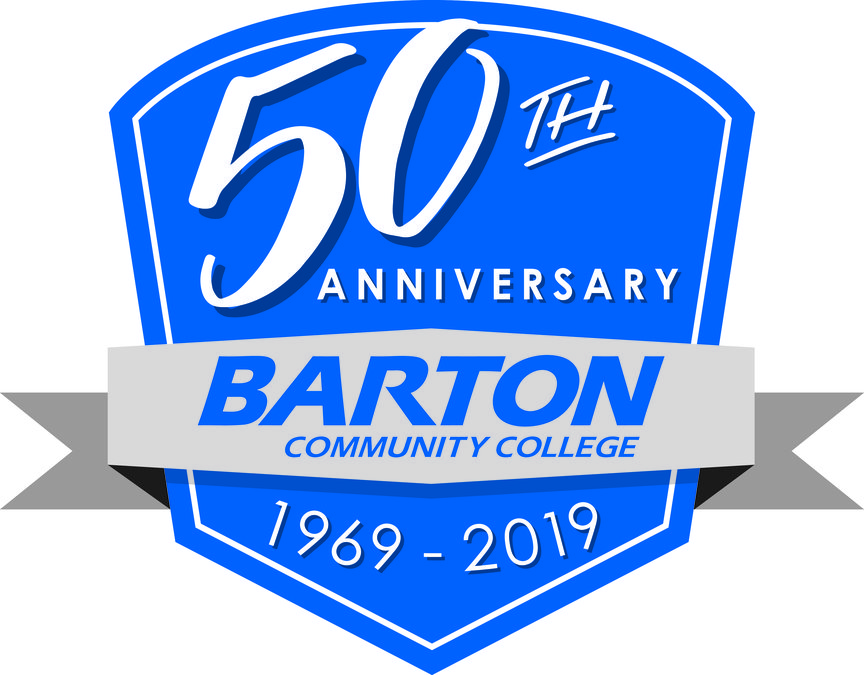When Barton Community College began sending students home early during the spring semester because of the COVID-19 pandemic, the staff made plans to stay in touch with them. Forty college employees made phone calls and sent emails to gauge the impact of COVID-19 on students’ lives and the success of Barton’s response.
“Vice President (Elaine) Simmons and Vice President (Angie) Maddy wanted to connect with students and know how they are doing,” said Stephanie Joiner, director of student academic development, who coordinated the effort.
From April 23 through May 11, the 40 volunteers made calls to working phone numbers as students made the transition from regular classes to alternative course delivery methods such as Zoom or online. The calls were followed up with email invitations to take a survey.
In Phase 2 of the operation, fully online students were also sent an email invitation.
“We called over 1,500 students in Phase 1,” Joiner said. They heard from 602 students, a 40% response rate, commenting on the transition from face-to-face classes to new formats. In Phase 2 another 206 online surveys were completed, for an overall response rate of 20%.
“On the whole they felt that Barton offered good support,” Joiner said. In total, 4,371 students from all campuses received communication from the college as part of the Barton Cares Initiative and 878 completed a survey.
Positive comments were shared in a report to BCC trustees earlier this week. One student said, “Great job to the college and instructor for communicating and being flexible,” and another commented, “Instructors have made it very fun to take the course online.”
Eighty percent agreed or strongly agreed that the college successfully communicated changes to course formats and polices, and provided adequate support; 77% agreed that faculty “clearly communicated” with them. The number of students who disagreed or strongly disagreed with the statements ranged from 4-7%.
“Everything has been very smooth. Wonderful!” a student responded. Another said, “Thank you for being great during this time. Makes life a little brighter during these times.”
“They did worry that this transition was going to affect their grades,” Joiner said. “This is something we are looking at now; 32% were concerned about it.” Most thought there would be no effect or a positive effect on their grades.
“We were very worried about the effects of technology – access to technology,” she continued. “Fifteen percent thought it did affect their grades (negatively).”
Next, students were asked if they liked the alternative formats and would they be interested in using alternative delivery formats for future courses. “Forty-one percent said ‘yes,’” Maddy said. The others were evenly split with 34% answering “maybe/unsure” or not answering and 34% answering “no,” but “the ‘nos’ were very strong in their convictions.”
Not all of the students’ concerns were created by changes from the college. Some with jobs saw changes in their work hours or responsibilities, which also affected their coursework. At least two dropped courses as a result, Joiner said. Nineteen students dropped at least one course.
She said the quality of instruction was maintained and the college should promote its positive results. Barton is in its 20th year of online education, she noted. “We continue to provide education to students on campus as well as online.
More positive comments shared include this one from a high school student, who said, “It has been AMAZING!” and “I am soo thankful for this opportunity.”
“I like how Barton Community College staff offer assistance to the online and on-campus students during the crisis,” another student commented. “It says a lot about this college. Thanks for all you do!”
College employees said one benefit of the initiative was letting students know they care.
“Hats off to Stephanie for getting this done,” Vice President Simmons said. “Plus the 40 who made phone calls.
“In the middle of a crisis with a two-week turnaround, we made the decision as an institution to ask our customers how we were doing. Some wonderful things will come out of this.”
Barton President Dr. Carl Heilman agreed.
“Those 40 (volunteers) were also dealing with things,” he said. “It confirms many of the actions the college took and gives us useful information for moving forward.”




